Is COVID-19 the End of US Recycling?
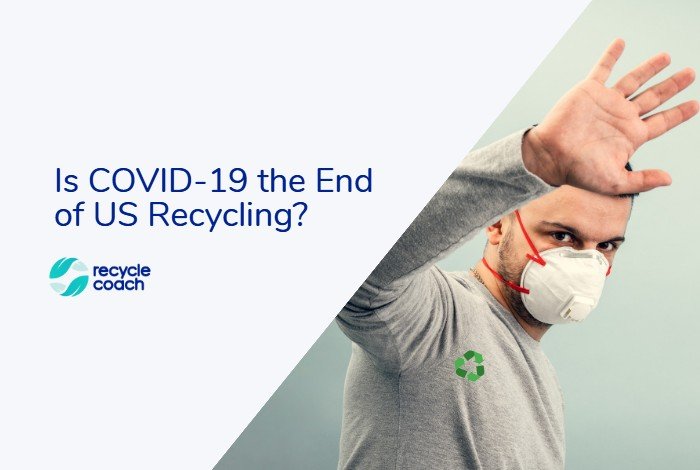
The US recycling system has spent the last few years fighting for survival. Budget cuts, recycling center closures and program shut-downs have been the norm. Then COVID-19 struck.
Like many other public sectors, this ushered in sweeping changes to ensure the health and safety of the population, and the municipal workers who collect local recycling loads. With such widespread change coming at a delicate time, will the recycling sector manage to recover once the threat has passed? Or does this mark the end of an era and the start of something new?
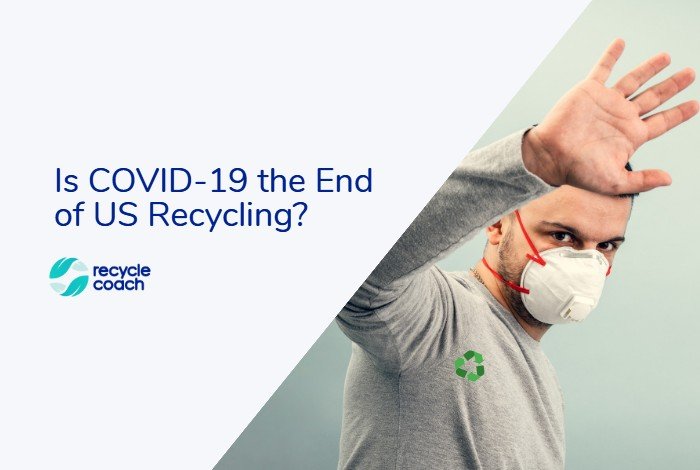
Let’s take a look at how COVID-19 has impacted recycling so far, and what you, as a Public Works Director, can do to about disruptive change in the future.
3 Ways the Coronavirus is Impacting the Recycling Sector
The economic impact of a pandemic is devastating for many businesses.
With economic loss and the growth of a new, invisible threat – the recycling sector faces challenges unlike any you’ve seen before. Here, we outline what has happened, and give offer ideas for a smarter industry in the coming years.
#1: Recycling as an Essential Service
In March of 2020, the government decided that waste was an essential service. In many ways this was a big win for the industry, because it forced individual municipalities to reexamine the role that local recycling plays in the public and private sectors.
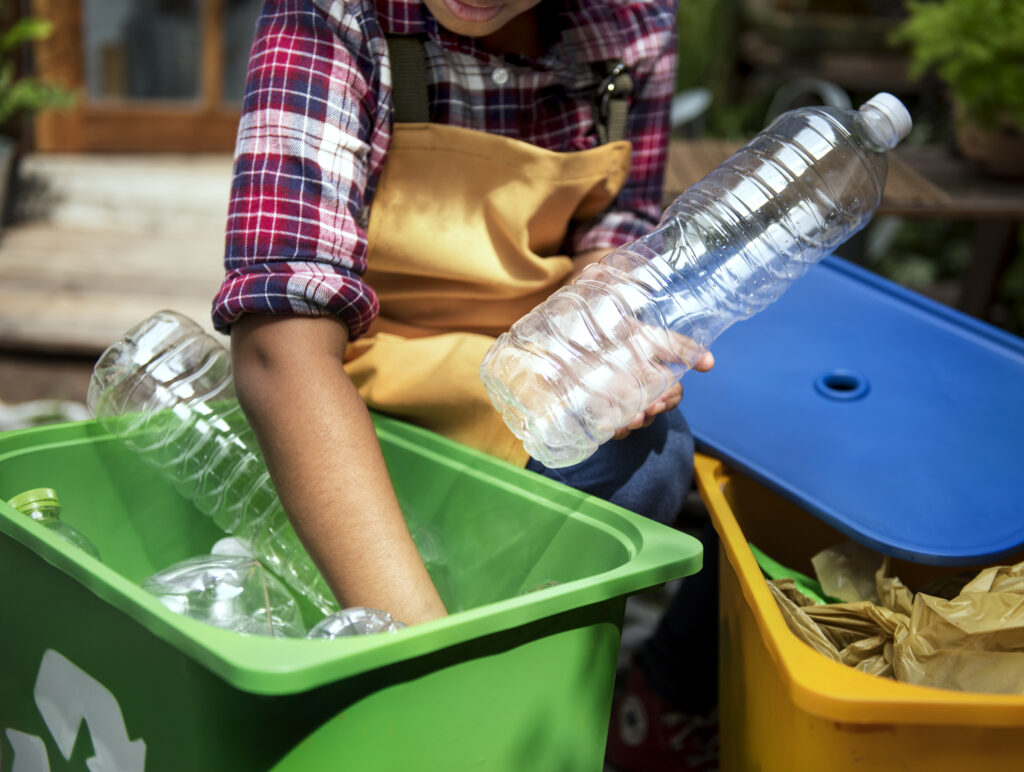
Many institutions asked for this designation. The National Waste & Recycling Association, The Institute of Scrap Recycling, The Solid Waste Association of North America – they all sent letters to the Vice President, outlining why the recycling industry is essential and must continue through the pandemic. For some time, cities questioned if recycling really was essential.
Because of SARS-CoV-2 and the way it spreads, recycling materials are a common source of transmission. Many people handle these items, and the novel coronavirus can stay active on these surfaces for quite a few days. As a result, a lot of people are at risk should recycling continue.
USA waste and recycling practices would have to undergo a drastic reformation in order to operate. Otherwise municipal waste workers could fall ill, and waste services could become a hotspot for virus spread in the population.
With these dangers to consider, a case was made for recycling as feedstock, and the pressing need to continue to produce essential items – like toilet paper– through the pandemic. The Department of Homeland Security has left it to individual States and municipalities to decide the right course of action. Salt Lake City and Atlanta soldier on, while Georgia and Arkansas have stopped altogether.
Some COVID-19 good news: many cities have chosen to stand for their recycling programs, brave the pandemic and continue to provide municipalities with this essential service.
#2: Recycling Programs and Centers Restrict Services
The first instinct for many municipalities was to close programs, or restrict services until more was known about COVID-19. Back in March, social distancing was put into effect and centers had to figure out how to collect, sort and process recycling in such a high-transmission-risk industry.
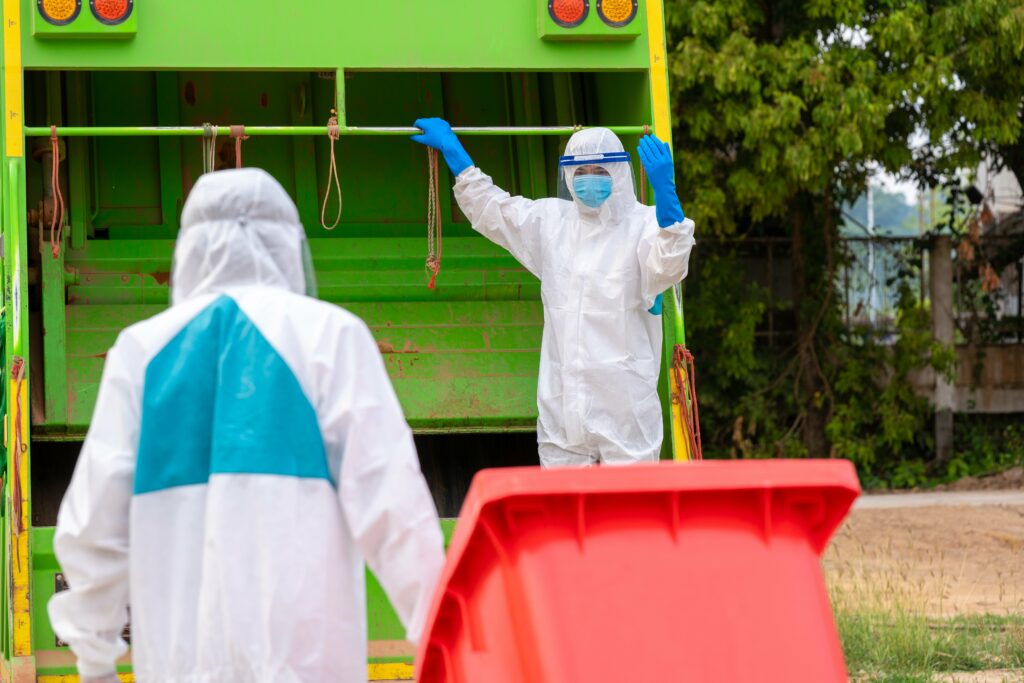
Waste and recycling were not seen as of equal importance, and waste collection was prioritized over continued recycling collections. For many residents, this disrupted their recycling routines and valuable materials ended up in waste disposal.
- Commercial recycling has been suspended due to airplane grounding and many store collections programs have stopped accepted can and plastic recycling
- Uncertainty over virus spread caused cities like Dalton and Tacoma to change services
- Recycling centers like the Humboldt Waste Management Authority have closed, and remain closed (March-May 2020) because of their CRV buy back activities
- Community recycling centers in Ohio, New Jersey, California and many more have suffered closures as a result of SARS-CoV-2
These temporary closures pose a real risk to the already troubled recycling centers, programs and community services that are keeping recycling alive in North America. Cities with access to the Recycle Coach Appwere able to immediately notify the community of disruptions to their local schedules and collections.
The ongoing communication facilitated by our app has supported concerned residents, and has made it infinitely easier to update the community on local recycling news and real-time changes. During this time of ongoing change, it has kept many programs running, and open.
If your city needs an app with this level of connection and support, please speak to us.
#3: Stringent Hygiene Measures Have Been Implemented
As an essential services business, many municipal programs remain open – at great personal risk. Already severely constrained budgets were forced to find additional funding for training, sanitization, and the purchasing of personal protective equipment.
USA waste and recycling programs have direct contact with the public. Every municipal collections worker is at risk. This has prompted many municipalities to implement sweeping hygiene reform, and it’s fundamentally changed the recycling sector as we know it.
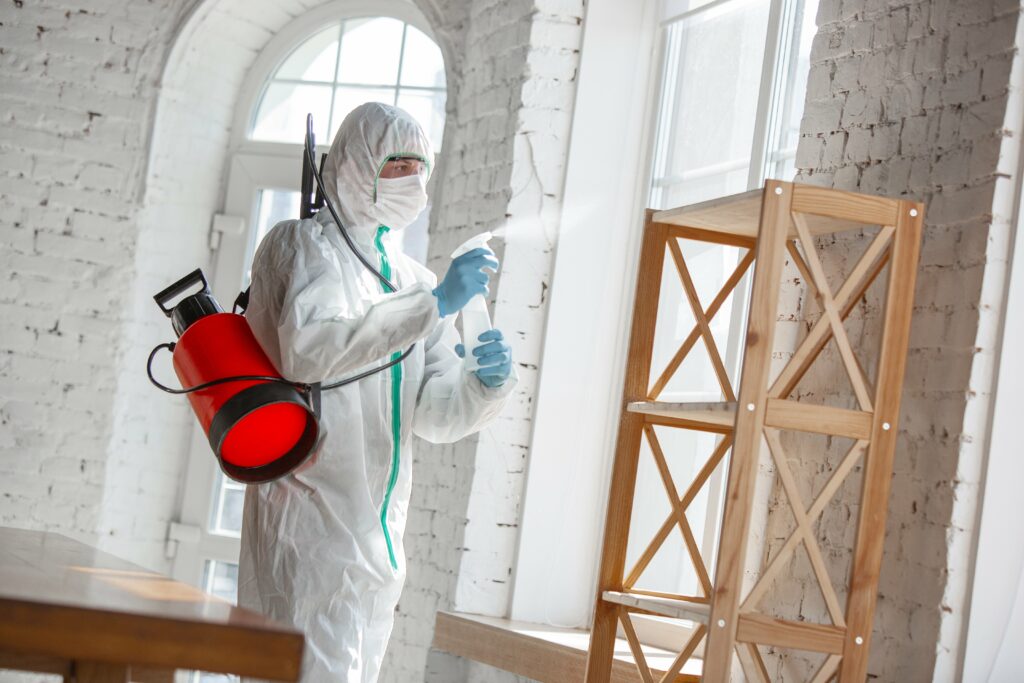
New hygiene protocols, wearing latex gloves underneath work gloves, and limited consumer contact have been rolled out across the country. Many forward thinking recycling companies are networking and sharing their safety guidelines with each other to prevent workers from becoming ill.
Thanks to the efforts of many amazing US recycling institutions, the industry has managed to pull together and continues to function, despite COVID-19. Is this the end of recycling in the US? No. But it may be the end of a siloed industry.
The recycling sector needs to band together, to network and share resources if it’s going to survive. Residents care just as much about their recycling programs as municipalities do. As a Public Works Director, many of these tough decisions will fall to you in the future. It’s time to look to your residents, to commercial enterprise, and to social networking for new paths forward.
With open communication and ongoing support, the industry can implement positive change, and come out of COVID-19 with fresh ideas on how to make the US recycling system work in a disruptive world.